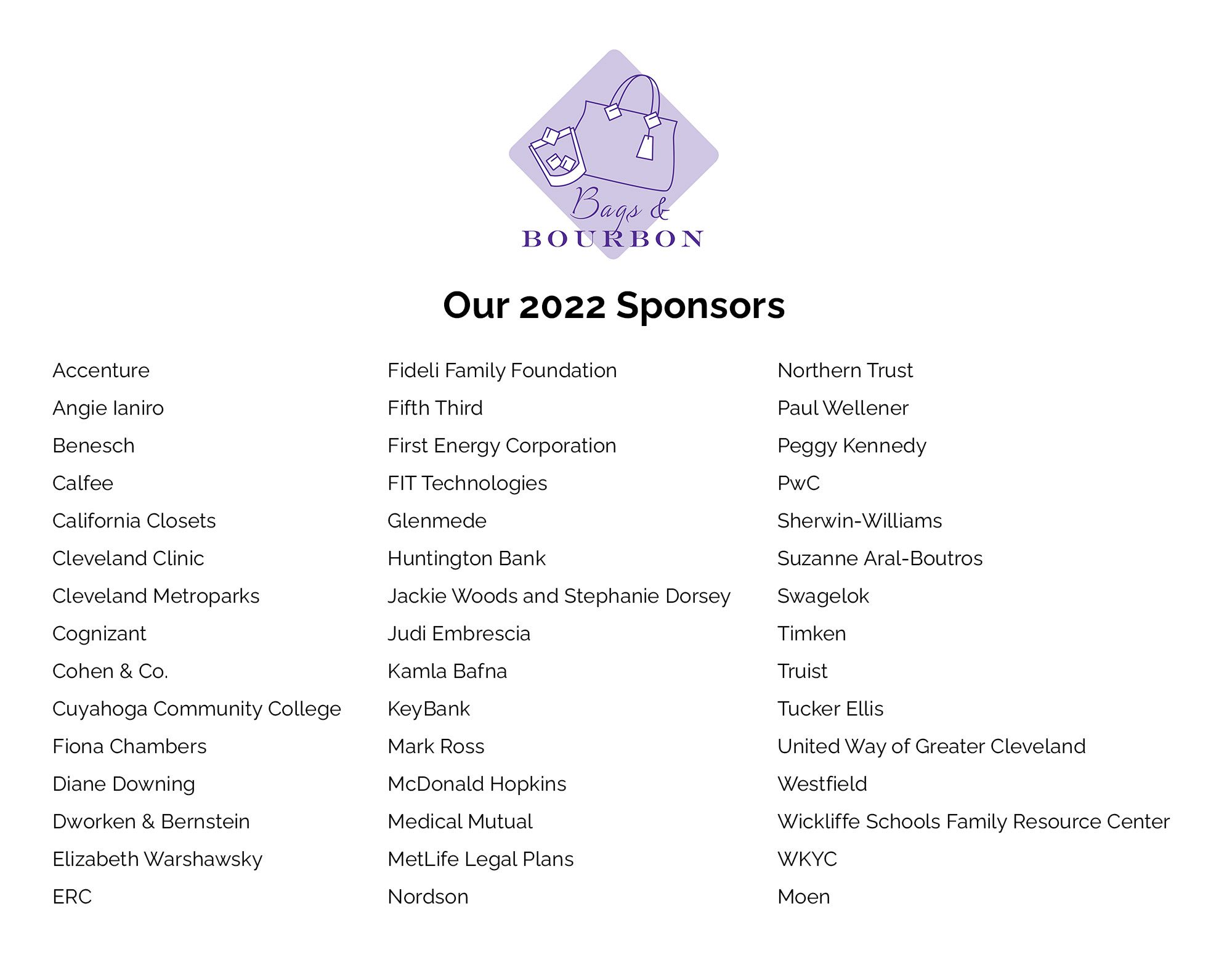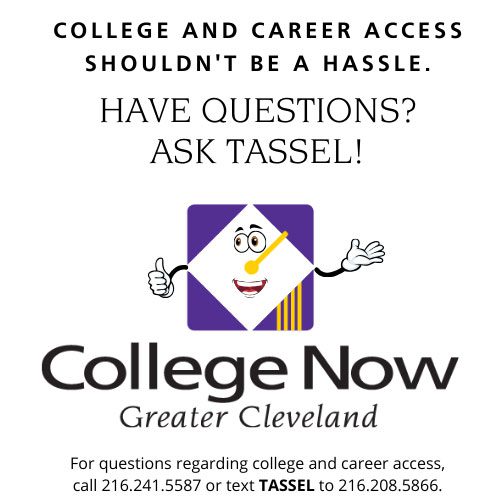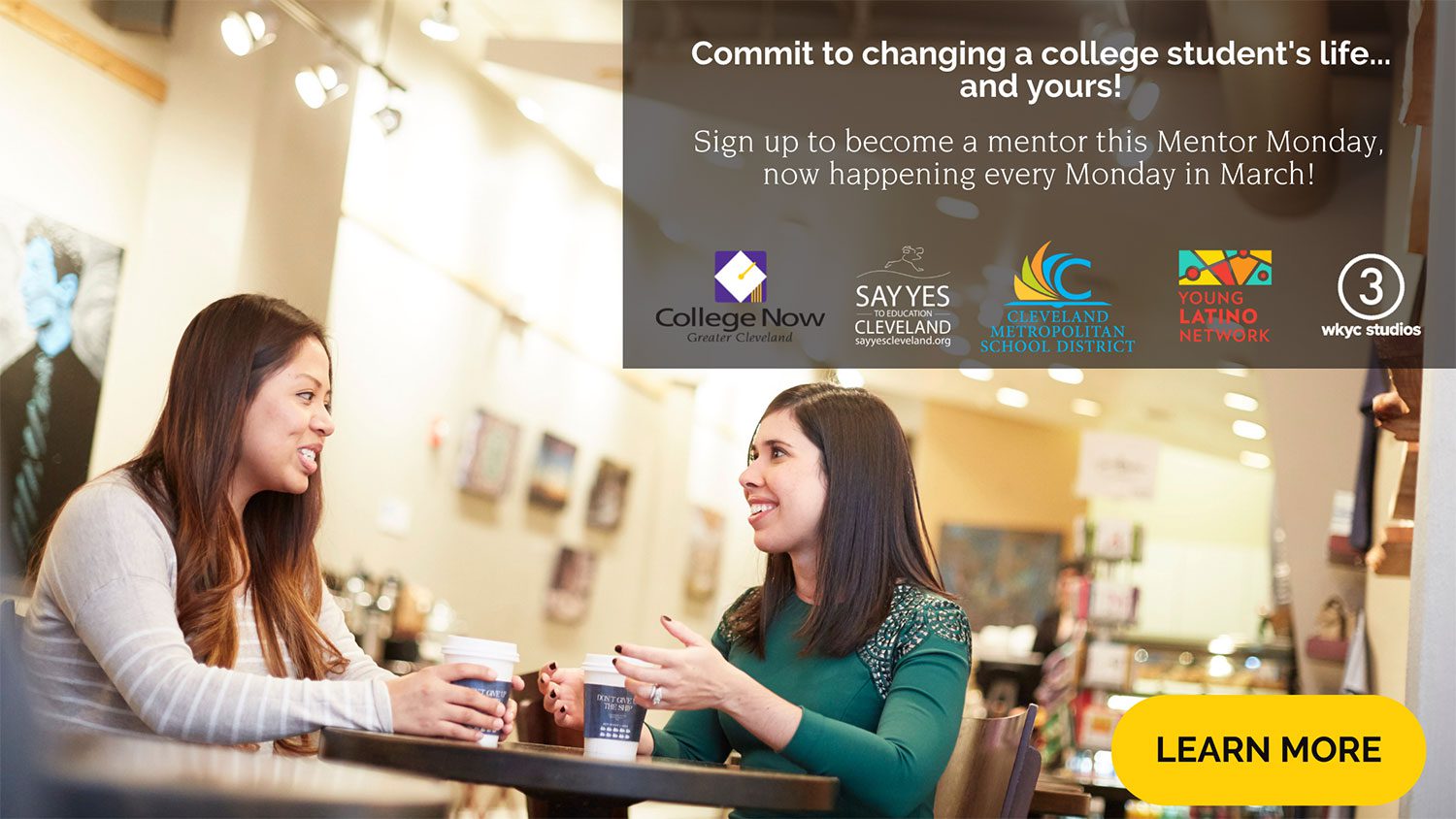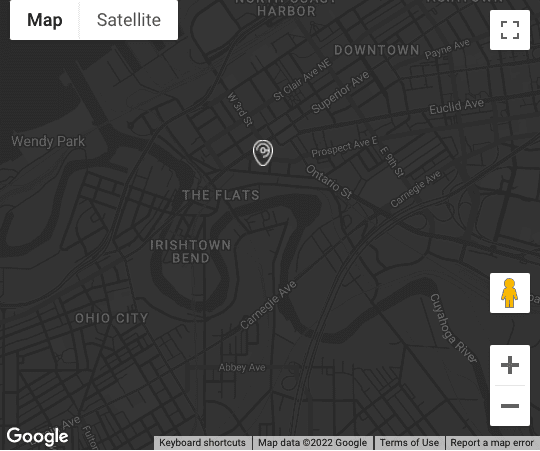Innovation with Excellence: A Look Inside College Now’s Organizational Culture What keeps College Now’s 180+ employees focused and happy in their work? Lee Friedman, CEO of College Now, shares her insights about leading a growing, innovative non-profit addressing educational inequities in Northeast Ohio: When you were approached about joining College Now as its CEO in 2010, what made you want the job? It was because I’d spent such a long time in community economic development and saw the social inequity and disparity caused by the ‘haves and have-nots’ in education. I realized that the only way to create social equity — and also long-term economic health for our region — was to ensure that everybody had the opportunity to get a postsecondary credential. How would you describe your leadership style? I see myself as a strong stage-setter, but I like to create a collaborative, highly empowered team. I think people that like working for me are extraordinarily driven by excellence – they have a huge commitment to mission, they’re self-starters, but they also ‘play well with others’. What are College Now’s best assets in terms of organizational culture? I think this is a very supportive place to work. I think there is a high ethos around balancing career and family, friends, or other outside interests — sort of with the caveat that people put their work in an important enough place that the work is delivered with excellence. It’s not very difficult for a CEO to be flexible and try to support people’s other life if the work is great. It’s when the work isn’t great that it gets hard because then something’s being sacrificed. I think here, remarkably, considering it’s a large organization, those are really the kind of people that enjoy it and thrive here… I think that’s a big part of what we’re offering. How does College Now support the professional growth and development of its employees? We do that in many ways depending on the position. On our advising side, there are constant advising meetings and a lot of that is around skill-building and problem-solving. Our HR folks and professional development committee try to make sure that we’ve got things that match all the different parts of our employee population, especially because we have a lot of diversity of people that work here, in terms of their experience and their age, etc. We’ve certainly sent people to different kinds of training, whether its leadership training or skill-building. We do our best to try and make sure that people have what they need, but we kind of juxtapose it with the fact that we have a small budget for that sort of thing. Being mission–driven, it’s not like working for some big for-profit company where you can send people to those fancy trainings and leadership camps – we just can’t do it. But we do our best. What makes you most proud of your team? For me, and I hope the team feels this way, it’s a happy place to come to work every day. You spend a lot of time here [compared to] when you think about how much time you spend sleeping or your other time. It’s happy, I think, because we try to hire the most responsible, committed, and collaborative people. I think when people feel they can have some control over what they do in their every day, and that they’re well supported, well treated, and don’t have to be afraid of making a mistake — because everyone makes mistakes –I think that creates a happy culture. College Now has a strong track record of retaining talent. What common characteristics do successful, long-standing employees demonstrate? A real commitment to the mission and the organization, and commitment to their own excellence. Driving the extra mile to make sure the work is as good as it possibly can be. [Understanding] that we’re customer/client-first, especially because we do so much public-facing work – everything from our students and their parents, to other educators and school administrators, funders, Board members, community leaders, and other nonprofits; people with that same point of view and [those who] are the best kind of communicators and collaborators. College Now was the first organization of its kind in the country. How do you maintain a culture of innovation to keep College Now at the forefront of college access? Honestly, you have to reward it. And you have to instill it. You can’t rest on, ‘Well, we haven’t done it that way in the past.’ We’ve grown quite a bit in the last number of years and a lot of that is because people around the table – and I mean that in the biggest way – when they have new ideas, people listen to them. It doesn’t mean you can implement every new idea, and it doesn’t even mean that some of them that don’t get implemented are bad ideas, it just may not be practical right now. But you have to really emphasize innovation and you have to reward it in the culture. College Now has a team in its downtown Cleveland headquarters, as well as a team of Advisors who work primarily within schools across Northeast Ohio. How does College Now maintain a culture of collaboration and inclusion within an organization that provides services in 185 venues? Honestly, it’s not the easiest thing in the world to do. Because, you have to remember, when somebody goes to one or two buildings every day and never comes downtown, in some part, most of their experience is in that building. The culture of that building will have a huge effect on the way they view their job. And sometimes that’s a good thing and sometimes it‘s been a very difficult thing. [In the advising department], they have ongoing monthly meetings to bring everybody together to get back on the same page, to address concerns, to provide additional training, leadership, information, and news, and I think that’s crucial. It is one of the more interesting challenges because coming to the downtown office every day is an entirely different experience than going to one of the high schools or a library every day. How does College Now’s work address economic inequality? How are its employees positively impacting the greater Cleveland community? Research shows that people with varying levels of postsecondary attainment make more money during their lifetime [than those without postsecondary education]. What we know is that Northeast Ohio is woefully under–attained. There are many open jobs and many people who are either unemployed and/or undereducated for those open jobs. And so, there are other communities that do a better job of it for whatever reason. Maybe it’s a cultural thing. [Cleveland] was a blue–collar manufacturing community, and that takes generations to change sometimes. Ohio is the 7th largest state, but we’re 36th in educational attainment and that is not a great recipe for long-term economic health. And so, to the extent that we can work with the students, communities, and adults we serve and get them on a postsecondary track, it not only helps them personally and changes the trajectory of their own life and their family life, but it changes the collective economic picture. What is your vision for College Now in the next 5 to 10 years? A lot of it is just continuing to grow and refine the work. Say Yes to Education is a six-year ramp up and we’re in year one. I don’t think that changes everything but that’s a good amount of runway to start changing the hope for young people in CMSD to be able to go to postsecondary or get on a solid career path. The implementation of Say Yes Cleveland is a piece of it. I also think the expanding work we’re doing with adults is a very big piece of it. I think Julie Szeltner [Senior Director of Adult Programs and Services] has done a great job of trying to grow that piece of our business. There‘s roughly 500,000 people in Cuyahoga County that either have some college and no degree or a high school diploma and nothing else. There’s a big opportunity there. You almost can’t solve the workforce gap on the backs of 18–year old‘s, you almost have to go to the adults. I think the other big piece is us refining our ability to lead kids from education to career. If you’re going to stop at the end of high school and go do something, let’s get better about helping you think through those options, with the hope that most everybody takes some kind of postsecondary option. If we can get better at showing you what all your options are, you might be able to make a better choice as you maneuver through and understand what the consequences will be, like, “How much postsecondary education will I need? How much income can I expect to make? What‘s the demand in this region for that job?” That’s another really important piece of the work that we’ll be doing with partners.
*This interview has been edited lightly for clarity and length*
]]>



